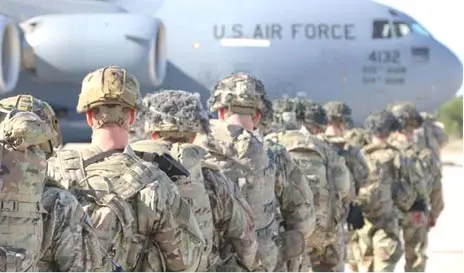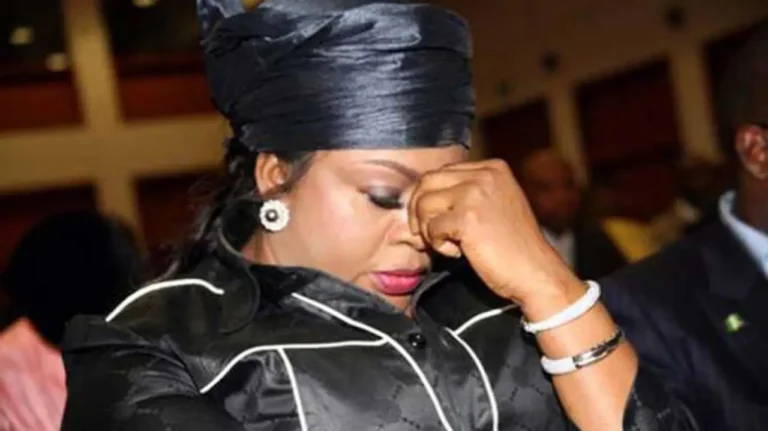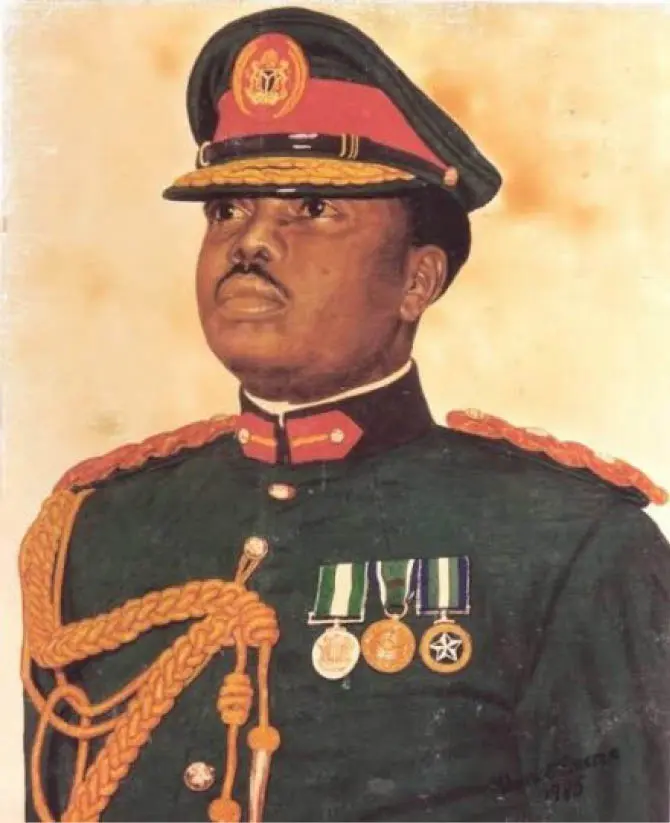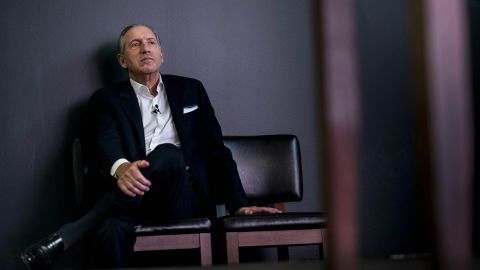
New York- CNN
Fifteen years ago, Howard Schultz reprised his role as Starbucks CEO, returning to the helm to help put the struggling company back on course. At the time, the coffee chain was flailing, facing growing competition, cooling customer interest and contending with the financial crisis.
Last year he returned once again, as Starbucks was in the midst of a different crisis: A growing wave of unionization.
Schultz, who sat down for a far-reaching conversation with CNN’s Poppy Harlow in February, covering the union, relations with China and the US economy, said he didn’t return to Starbucks because of the union efforts. But he did see the labor movement as a sign that things had gone sour at Starbucks, and for young people in general.
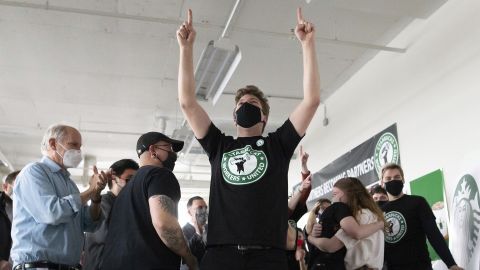
“It’s my belief that the efforts of unionization in America are in many ways a manifestation of a much bigger problem,” he told Harlow. “There is a macro issue here that is much, much bigger than Starbucks.”
The first Starbucks store voted to unionize in December of 2021, about five months before Schultz became CEO — this time on an interim basis — for the third, and he says final, time. Even before he officially rejoined the company, Schultz was already alarmed by the union push.
In November, a month before the successful vote to unionize, he published an open letter to employees. “No partner has ever needed to have a representative seek to obtain things we all have as partners at Starbucks,” he wrote, using the word “partner” to refer to employees, as Starbucks does. “I am saddened and concerned to hear anyone thinks that is needed now.”
Unionized workers are fighting for guaranteed schedules, protecting benefits for part-time workers and more. One priority, they say, is to have Starbucks sign fair election principles which protect workers rights to organize without retaliation.
In the months since returning as CEO, Schultz has doubled down on his opposition to the union. And during his tenure, the battle has intensified and turned ugly.
Union leadership has accused Starbucks of refusing to come to the bargaining table, threatening their benefits and employing union-busting tactics, claims that the company has denied.
The union has filed hundreds of unfair labor practice charges against the company, and Starbucks has filed some of its own unfair labor charges against the union, saying that it’s the union that is holding up negotiations.
The NLRB has found, in some cases, that the company illegally threatened and fired workers involved in the union effort. A judge recently ruled that Starbucks must stop firing employees who are involved in the union. Starbucks said the measure was unwarranted, and, relating to the NLRB’s findings, that it endeavors to comply with the law.
And recently, Vermont Senator Bernie Sanders and the rest of the Senate Health, Education, Labor and Pensions Committee asked Schultz to testify in an upcoming hearing on Starbucks’ compliance with labor laws. Schultz declined, and Starbucks announced that its chief public affairs officer AJ Jones II will attend instead.
As of mid-February, the National Labor Relations Board has certified 282 stores that voted to unionize, and 56 that voted against. There are about 9,300 US company-operated Starbucks stores, and a relatively small number have voted to unionize. To Schultz, this means that the vast majority of workers at Starbucks stores are happy with how things are.



